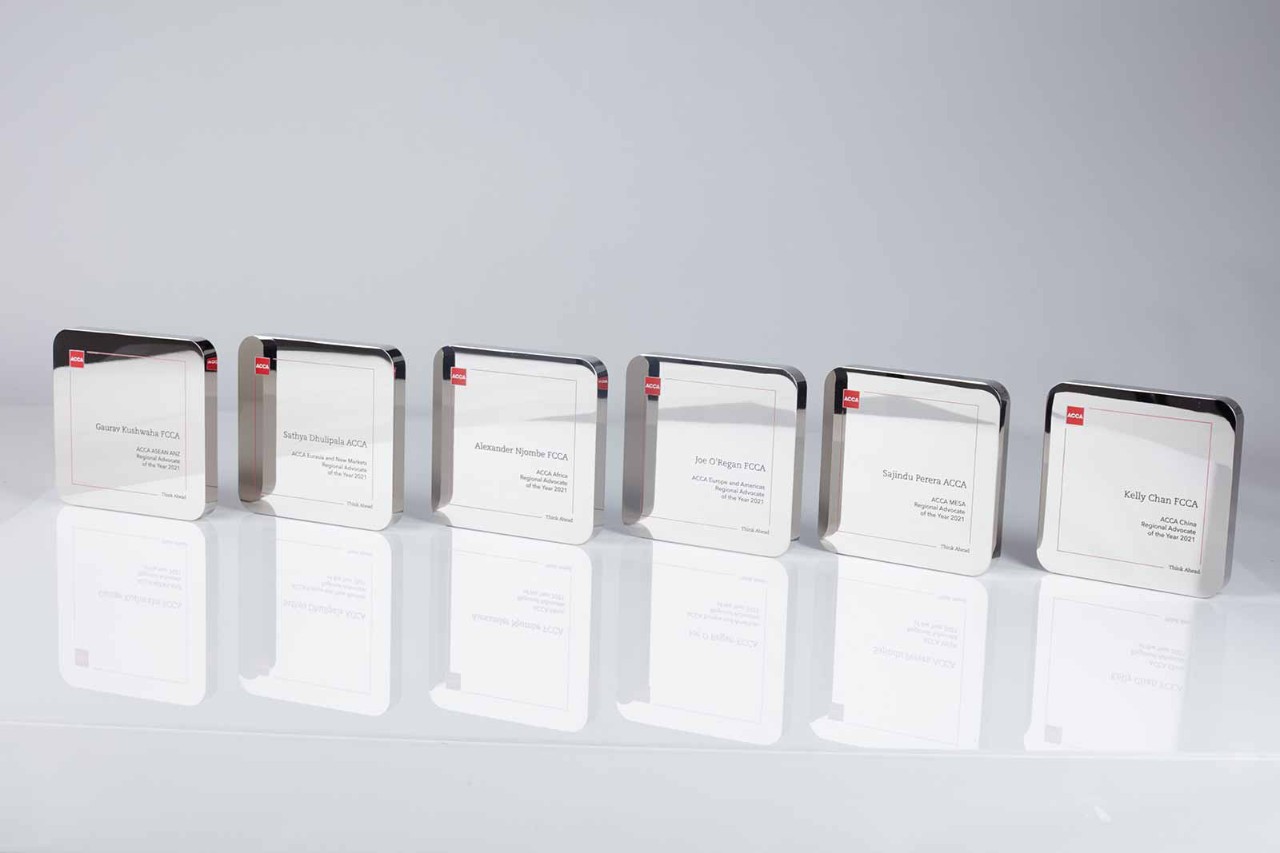
According to experts, better tax education would boost compliance and support the UN’s Sustainable Development Goals. But tax education is not just an issue for national governments. International bodies such as the EU and the Organisation for Economic Cooperation and Development (OECD) have also focused their attention on the question in recent years.
60% of millennials feel ‘anxious’ about their finances
Speaking at a webinar organised by ACCA and the International Federation of Accountants in Brussels, Victor Negrescu, an MEP and vice chair of the committee on culture and education at the European Parliament, said that studies reveal only one third of adults understand basic financial concepts and only 24% of millennials do so. A hefty 60% of millennials feel ‘anxious’ about their finances.
‘You need the proper tools to help people get information about taxes,’ said Negrescu. ‘And, of course, we need to intervene and act at an early age. Tax education, in this regard, is a key element.’
Teach, talk, help
At the heart of education efforts is an OECD report, Building Tax Culture, Compliance and Citizenship, which provides a resource for governments looking to deliver or improve tax education programmes.
Grace Perez-Navarro, deputy director of the OECD’s Centre for Tax Policy, told the webinar that the report spells out three main approaches to tax education: teaching tax; communication to raise awareness; and practical assistance, or ‘learning by doing’, such as helping taxpayers through the practicalities of paying.
‘Changing taxpayer culture won’t happen overnight’
But she stressed these three activities have common threads. They require close examination of the target audience (‘often the biggest challenge’) because those in need of education are usually those that a tax administration ‘doesn’t speak to already’. Programmes also need to work with the right partners (government departments or NGOs, for example), and schemes should be long term.
‘We all know changing taxpayer culture won’t happen overnight,’ said Perez-Navarro. Timing is also critical, and although there is a perception that education works, there is little evaluation of past projects. Tax systems, she said, ‘rely on voluntary compliance and that is ultimately learned behaviour’.
Taxlandia
Education initiatives include two in the EU. Angija Rasa, deputy head of the training unit at the EU’s directorate for taxation and customs, said an online e-learning portal had already been accessed by three million users, among them national tax officials as well as members of the public.
Meanwhile, a tax education portal with materials for three separate age groups, including first-time taxpayers, offers video clips, tax courses and two games, one called Taxlandia.
‘The objective is to educate the younger generation of European taxpayers,’ said Rasa of the portal. ‘It offers an alternative way to foster tax morale by explaining to younger generations the meaning of taxes and how they affect their daily lives.’
There are similar efforts elsewhere. Richard Koyambo, director of taxpayer services and education for the Tanzanian Revenue Authority, said his country uses seminars and workshops, advertising, bulk SMS and ‘stakeholder forums’.
‘The question clearly isn’t whether we should educate, but how’
But Tanzania, like other African countries, has one particular issue demanding attention. ‘We have a big chunk of businesses who are involved in the informal sector,’ said Koyambo, who described how they were targeted by an outreach programme to help them ‘understand what they are supposed to do and also be able to comply’.
Tanzania has also aimed its programmes at young people. Secondary schools have been encouraged to set up tax clubs, led by mentors, while each year a tax quiz for young people is televised. Proposals have been tabled to introduce tax into the school curriculum.
‘There is no single means that is enough to get to all taxpayers,’ Koyambo said.
Research helps
It can be difficult to know when a tax education project works, but academic research could demonstrate the value and impact of such programmes, according to Giulia Mascagni, research director at the International Centre for Tax Development.
She described the lessons learned from two projects. Researchers found that one of them, a half-day course covering general tax information, saw 40% of participants boost their tax knowledge while negative perceptions of tax fell. The probability of participants making a tax declaration increased by 25%–50%.
‘There wasn’t much revenue gained from this programme,’ said Mascagni, ‘but the programme certainly encouraged meaningful engagement in the taxpaying process.’
The second project was a communications campaign using SMS, emails and physical letters. The programme produced US$6m in extra revenues set against a cost of US$4,000. SMS worked better than letters and also worked best for small taxpayers.
Mascagni said monitoring showed the ‘kind of details that high-quality research can offer to policymakers in trying to disentangle the impact of tax education programmes’.
Jason Piper, ACCA’s head of taxation, summed it up: ‘The question clearly isn’t whether we should educate, but how?’
But he noted that it was taxpayers who least trusted tax authorities that are most in need of education. And accountants are the most trusted group of all when it comes to helping with tax – more so than politicians or the media.
‘There’s definitely scope for us to work together,’ he said. ‘We need to see that not so much as a reward and more as a responsibility.’
More information
Read a full report on the webinar
Browse ACCA’s Accounting for a better world hub
Get up to speed on Nigeria’s tax challenge with this AB article




